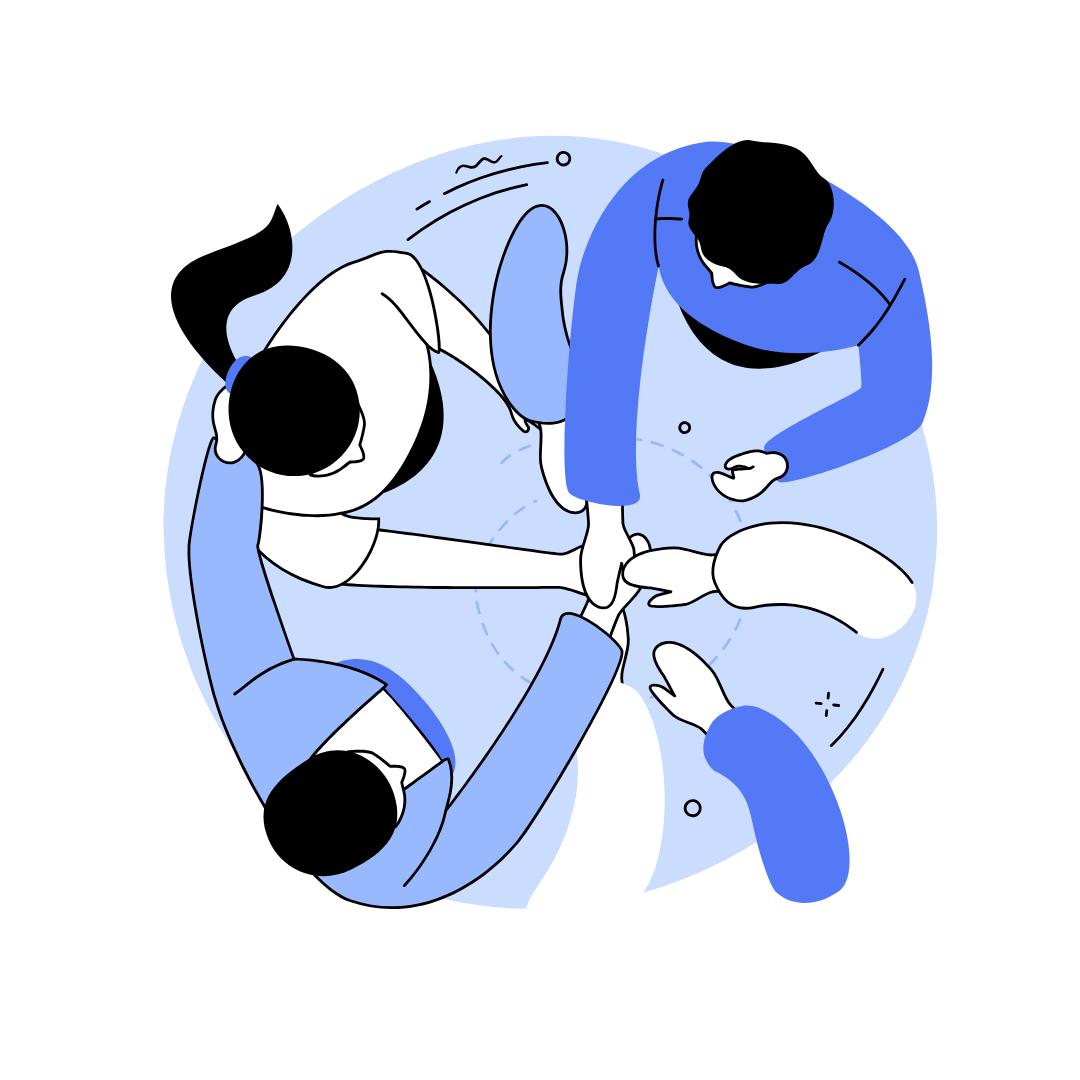The Role of PMS in Building A+ Teams
An effective Performance Management System (PMS) is the secret sauce behind every A+ team. It aligns goals, fuels growth, and builds a culture of accountability and recognition. It turns potential into performance and individuals into unstoppable teams.

There’s a reason the world’s most admired companies from Google to Infosys have one thing in common. And that’s- extraordinary teams. Not just skilled, but synchronized. Not just high-performing, but purpose-driven. But the truth is, these A+ teams aren’t born. They’re built brick by brick, conversation by conversation, metric by metric. And at the foundation of it all lies a powerful, often misunderstood tool: the Performance Management System in HRM.
Forget the image of cold, stiff appraisals conducted once a year in closed-door meetings. Today’s performance management process in HRM is less about punishment and more about potential. It’s about turning feedback into fuel, goals into growth, and individuals into impact-makers. This blog takes a deep dive into how the right PMS isn’t just a tracking tool. It is a transformation engine for teams and talent alike.
Performance Management Today

For years, the appraisal system in HRM was associated with dread. Employees feared the annual review, and managers often rushed through it, treating it as a mandatory ritual rather than a meaningful dialogue. But the corporate world is changing fast. Today, agility, collaboration, and continuous learning define success and performance systems are evolving to keep up.
The modern HRMS performance management module is no longer a static dashboard. It’s a dynamic ecosystem. Real-time feedback, ongoing check-ins, goal alignment, and predictive analytics have become central to how teams operate and grow.
Why PMS Is the Backbone of Team Brilliance

Building an A+ team requires more than just hiring the best people. It’s about creating the right environment for those people to thrive. That environment is shaped by clarity, accountability, recognition, and trust. And all of these are by-products of a robust performance management system in HRM.
Imagine a football team where no one knows the score, feedback is only given after the match ends, and players are rewarded based on assumptions instead of stats. That’s what a team without PMS looks like. But with the right system in place, everyone knows the strategy, understands their role, gets timely guidance, and celebrates small wins along the way.
Reframing Performance Conversations
The very word “appraisal” still triggers anxiety. But what if we reframed it as alignment? The performance appraisal system in HRM shouldn’t be about judgment. It should be about journeying together toward shared goals.
When done right, performance reviews become mirrors, not microscopes. They reflect strengths, identify blind spots, and help people see themselves with fresh clarity. They’re not the end of a conversation but the beginning of a better one.
A great PMS ensures that appraisals are more frequent, more focused, and far more future-oriented. It shifts the dialogue from “What did you achieve?” to “Where do you want to go, and how can we help you get there?”
Seeing the Full Human, Not Just the Role

One of the most revolutionary developments in the performance management process in HRM has been the adoption of 360-degree performance appraisal in HRM. It’s no longer enough for just the manager to review the employee. Today, feedback flows in from peers, subordinates, cross-functional teams and even clients.
And this multi-source approach changes everything.
It dismantles hierarchy and builds a culture of mutual respect and shared accountability. It reveals patterns invisible in one-on-one evaluations. It tells the story of how someone really shows up at work.
For teams, this means a culture of openness. For individuals, it means more holistic growth. And for organizations, it means fewer blind spots and better decision-making.
The Soul of HRMS Performance Management

It’s easy to reduce performance to numbers. Sales achieved. Deadlines met. Attendance tracked. But numbers only tell part of the story. A high performer may hit all targets and still poison team morale. A struggling employee might be going through a personal crisis or stuck in the wrong role.
That’s why humanised performance systems are not just about output, but outlook. They consider emotional intelligence, adaptability, collaboration and creativity, not just KPIs. They enable managers to coach, not just critique.
The best HRMS performance management tools are designed to combine quantitative data with qualitative insight. They flag not only what’s going wrong, but also why and suggest ways to course-correct. They help managers ask better questions, not just give better ratings.
Personalised Growth Paths: Because One Size Never Fits All

Think about how much more engaged we feel when something is designed just for us. That’s the secret sauce of A+ teams. A modern performance management system in HRM allows for personalisation. Based on skill gaps, aspirations, and learning styles, it can recommend unique development paths for each team member. For one, it could be a leadership workshop. For another, a mentoring program. For someone else, it might be a stretch assignment to test new skills.
This shift from standardisation to individualisation is what truly sets apart great teams from average ones. Growth is no longer a company mandate, it becomes a personal mission.
Why It All Matters
A+ teams don’t magically appear. They’re crafted, nurtured, and sustained through effort, empathy, and structure. The performance management system in HRM is a leadership imperative.
It’s what makes teams resilient, inspired, and aligned. It’s what helps people find clarity in chaos, direction in doubt, and purpose in performance.
In a world of automation and disruption, human potential remains our greatest untapped resource.
And that’s how you build not just better teams, but better companies.
Also Read: HR Software Features That Feel Like Superpower
Also Read: The Hidden Cost Of Payroll

